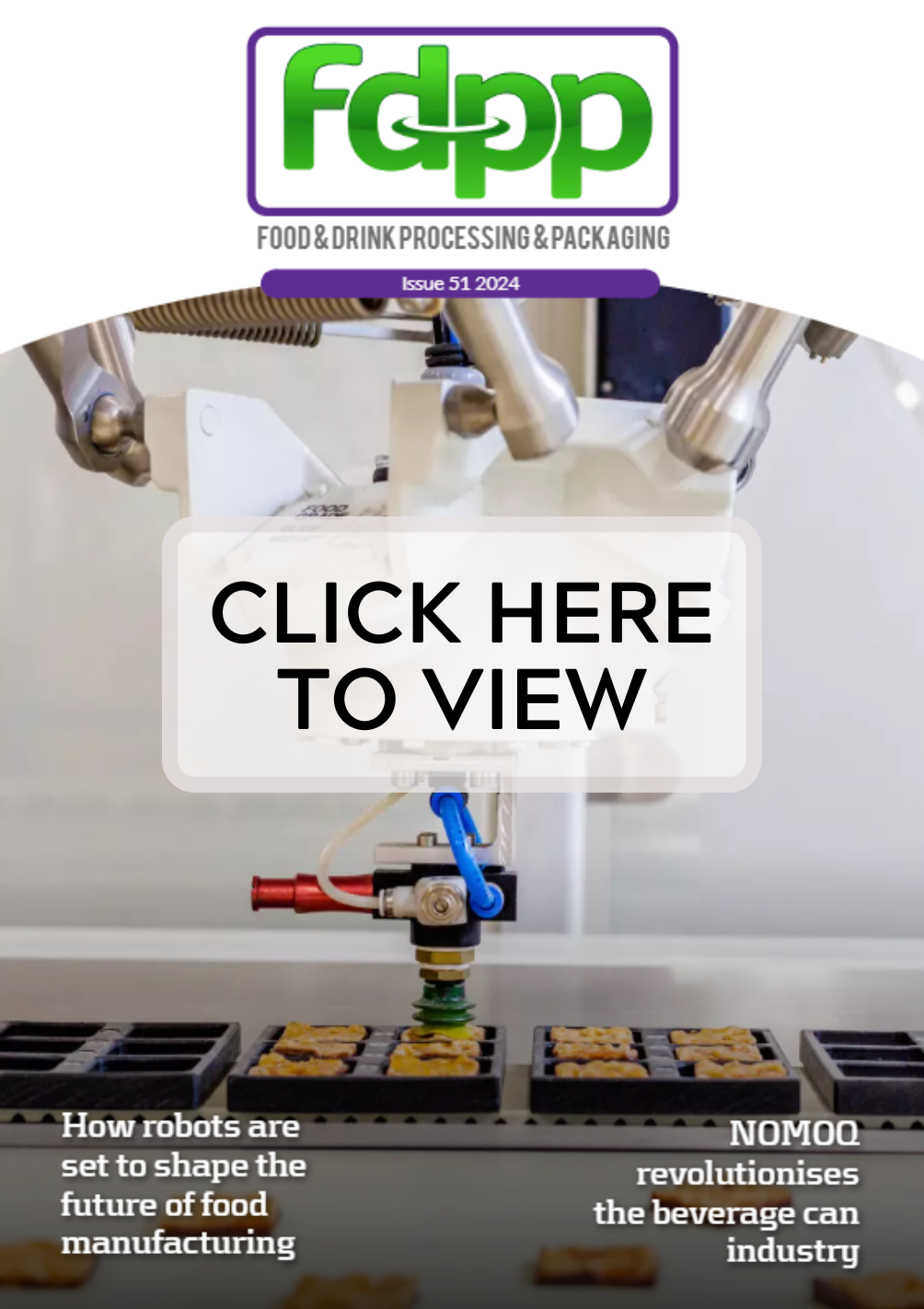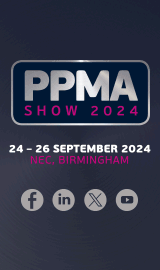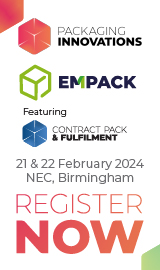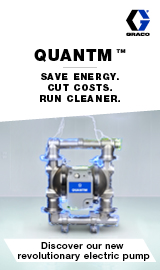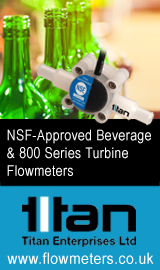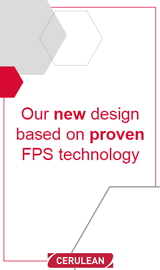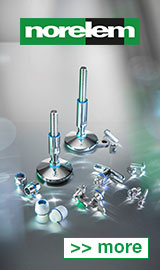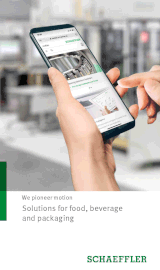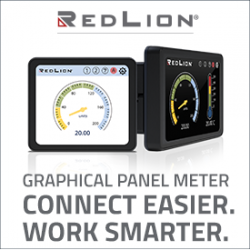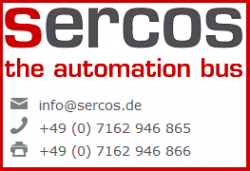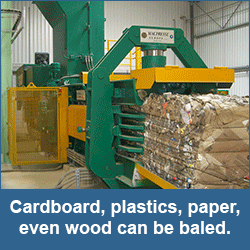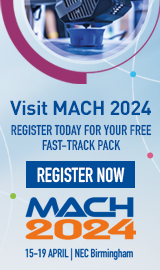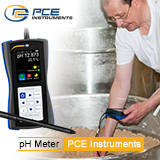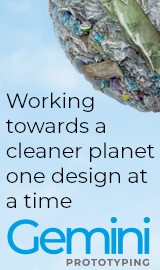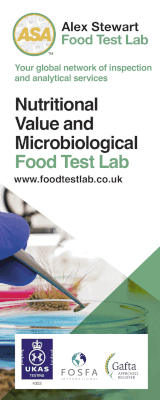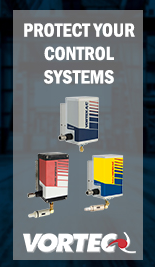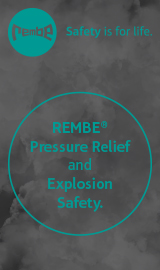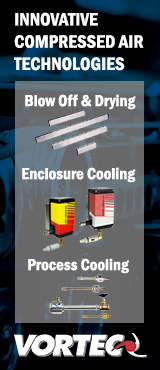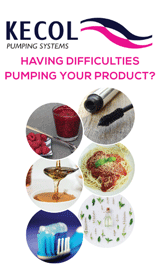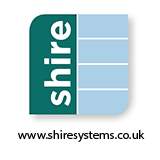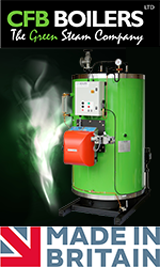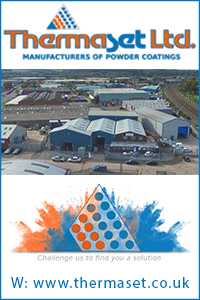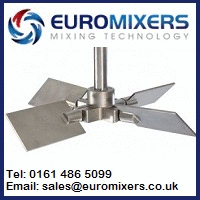Mono-material labelling technology conquers ‘overpacking’ challenge in snacks industry
Turnkey packaging lines from Cama Group deliver best-of-both-worlds solutions to address consumer and sustainability demands
Consumer demand and advancing legislation are reshaping the way suppliers serve the market. Not only do the public require more flexibility and more choice, but they want this in more sustainable packaging and nowhere is this truer than in the snacks and baked goods industries.

We have to make sure we can give the producers the machines they need and these machines need to be capable of absorbing future challenges too. Gone are the days of one machine for one job; we must produce machines that can handle multiple flavours and multiple formats, while also having the capability to process more-sustainable materials.
Our customers must reduce packaging and be more sustainable based on the PPWR 2023 Directive, which dictates that everything must be recyclable or reusable. Our challenge, therefore, is to develop solutions that allow them to hit these goals, while also being more agile and capable to absorb market variations, and without compromising sales performance or creating negative consumer experiences. It’s a real balancing act, but it’s something we have perfected over the past few decades.

A case in point is Cama’s labelling technology, which replaces multi-pack flow wraps with labels that secure individual products in shelf-ready collations. Typical applications include chocolate bars, individual cake bars, wafers, noodle packs or wet wipes, all of which can be secured together by a common shared label and then ‘broken off’ individually as required.
Our strength is how we deliver these label-based packaging capabilities. We are currently developing a highly integrated turnkey packaging line for a large multi-national customer that combines the ability to collate and package individual products into shelf-ready cases or as labelled multi packs into shipping cases. Not only do our solutions handle multiple case styles, but their modular design flexibility means they can more easily adapt to available real-estate. Changeover is also tool-free and both packaging processes are highly optimized, ensuring that they do not compromise the speed of any upstream processes.

Over wrapping, or as it has now been dubbed, over packing, has less and less appeal for suppliers and consumers alike, so alternative, more-sustainable approaches are growing in popularity. And with our range of machines, packaging technologies and domain experience we can deliver these alternatives. When the market talks, we listen. We know what our customers want, and, just as importantly, we know what their customers want. Thanks to our breadth of capabilities, we are able to translate our machines into solution that address their precise needs.

